My first therapy session was in 2018.
Since then, I have gone through three therapists to find the one I have now, with whom I’ve done transformative work.
I always say my therapist is the only person in the world who truly understands my growth — obviously, because she’s the only one who’s been privy to the ins and outs of my journey.
It is because of the work I’ve done in therapy for the last five years that I am a more patient, introspective, and thoughtful traveler.
The work I’ve done in therapy on my personal life has extended into the one visible to others as I navigate the world as a traveler and expat in Ghana.
The following are five ways this realization manifests.
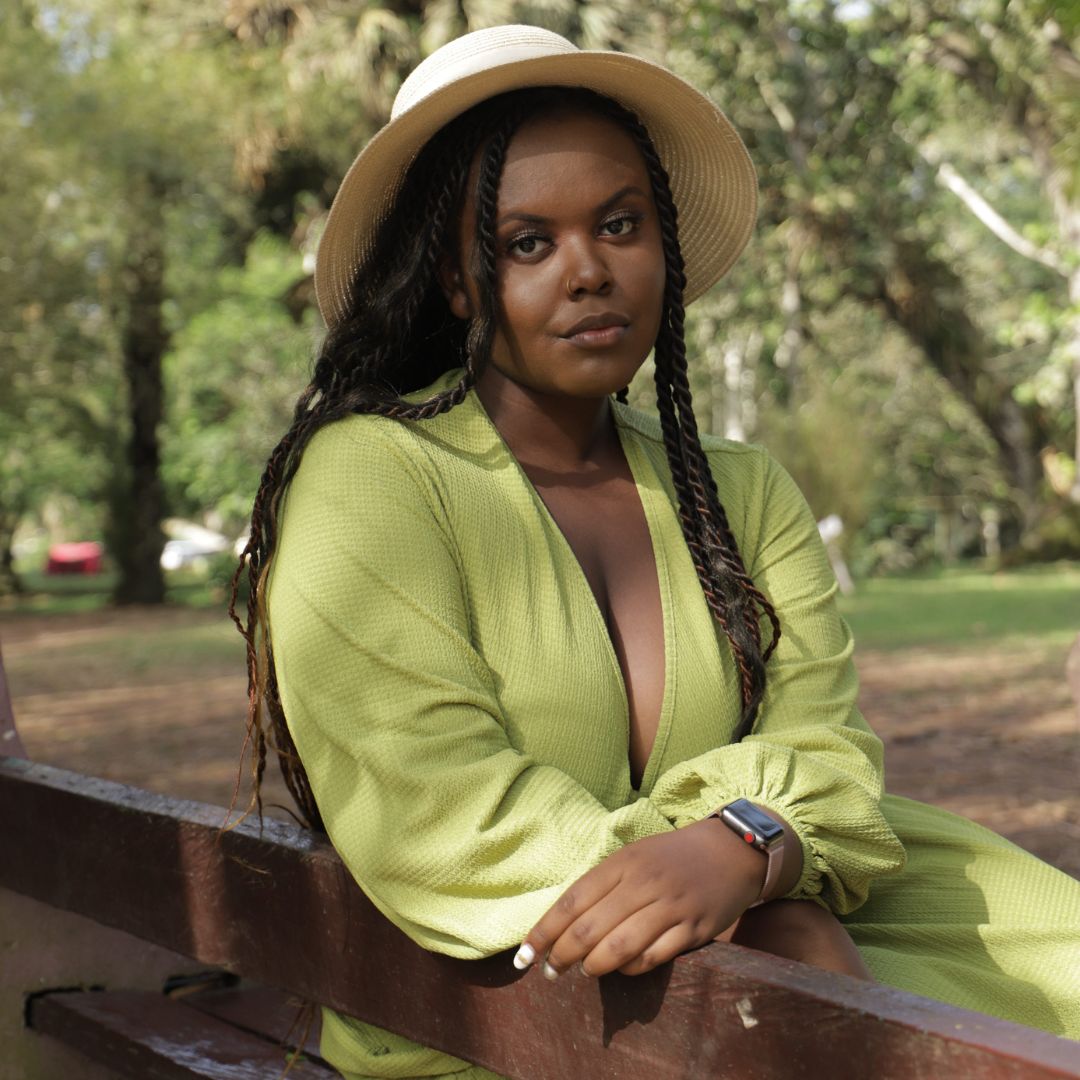
Table of Contents
ToggleI Set Boundaries Is to Protect Myself, Not to Offend Others
Learning and defining what boundaries mean to me was the first—and my favorite—lesson I took from therapy.
I used to have such a hard time setting boundaries because I didn’t want to be called “difficult” or told I was “doing too much,” “overdramatic,” or “selfish.” These were all words people would use to describe me after implementing certain boundaries.
I can handle being called those things if that’s how I show up sometimes, but it’s the feeling of being misunderstood or misread that I’ve always struggled with. Sometimes I get so afraid of being seen “the wrong way” that I stop honoring my own boundaries, just to seem a little easier for others to accept.
I understand now that how I feel in whatever situation I find myself in is 100% valid because those are MY feelings. Only I know what I am feeling at that moment and that is within my control.
Moving to a new country has put me in a lot of positions where I have been misunderstood, mainly due to cultural barriers and stereotypes that have been imposed on me by default.
In Ghana, respect is a big deal. However, I have noticed that speaking up against something, asking simple questions when things don’t seem quite right, or simply saying no can be seen as disrespectful. Needless to say, I was called disrespectful a lot when I first arrived.
Of course, that was never my intention, and I didn’t see my actions as disrespectful so I didn’t want that perception of me to take hold.
As a result, I gradually began to conform, saying yes to things I normally wouldn’t and stopping myself from questioning situations, all to avoid conflict — until I was reminded of the importance of my boundaries.
My boundaries are to protect myself and not offend others. I know what purpose my boundaries serve, and that is why I am establishing them. It’s not my job to overthink whether or not I offended anyone because I can’t control how others interpret those boundaries. This has given me an unexplainable amount of peace while living in Ghana. It’s been two years, and I’ve learned how to enforce boundaries while, of course, being respectful of the local customs and culture I find myself immersed at the moment.
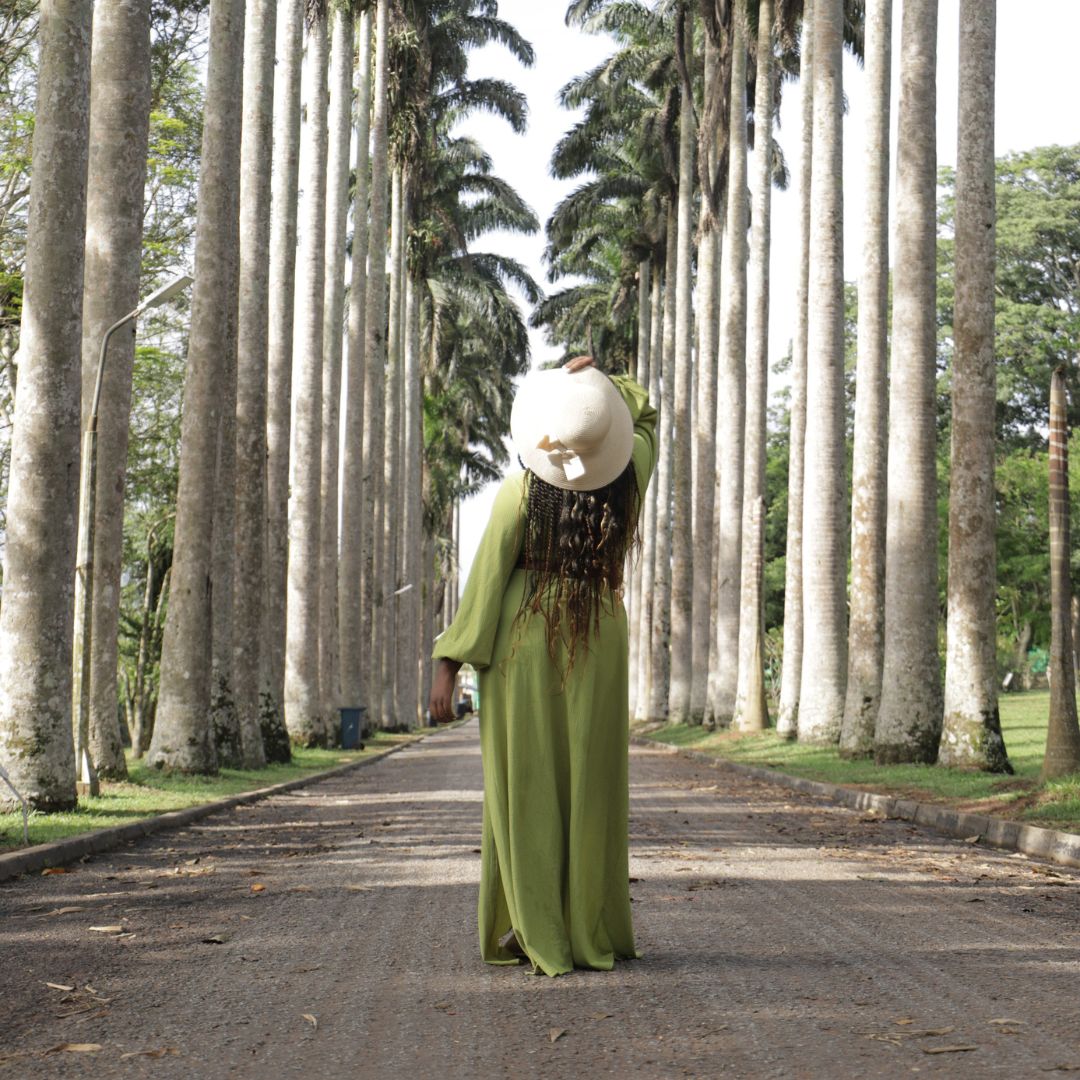
My “All or Nothing” Mindset Was Holding Me Back
The “All or Nothing Mindset” is thinking that something you want has to be obtained or completed in one way or it can’t be done at all. There are no alternatives, multiple courses of action, nada. For me, it meant things had to be done exactly the way I envisioned, or they wouldn’t work.
In one of my therapy sessions, I was telling my therapist how I was planning an impulsive mental health trip and wanted to get out of the country.
At the time, I felt like a staycation was not a real trip, so in my mind, it was either I traveled abroad or continued being overwhelmed and clouded mentally.
My therapist helped me to realize that I can have a middle ground to achieve what it is I am trying to do–big or small in my eyes.
My goal at the time was to give myself enough of a mental break to disconnect from the stressful events and circumstances surrounding me.
I could have stayed at a hotel just down the street from my house and still gotten that mental break. However, the false idea I’d created—that my break had to look a certain way to be successful—was holding me back from getting what I really needed.
I’ve worked to allow myself to be more flexible with my goals and not get stuck in thinking it has to be done a certain way to be successful. That has served me well, especially while living in Ghana.
When I wake up every day, I have no idea what the day will look like or bring. The power may be off the entire day, I might not have water for the next four, find myself in traffic for 1 hour, etc. I deal with a lot of unpredictability, and as someone with an anxiety disorder, this can be a lot.
I’ve had to really work to find common ground with myself here in Ghana because the fact that I don’t have control over most of my life here does impact my mental health some days and can cause me to freeze up and feel extremely anxious.
I now try to focus on the goal—no matter how big or small—and then come up with solutions for how to reach it. For example, this morning I ran out of water and went to buy a case, but no one was at the shop. I had set aside time specifically to buy water, so it ended up feeling like a bit of a waste.
The old me would have decided that because I couldn’t get water at the time I wanted to, I would not try to get it that day (all or nothing thinking). But instead, I got a few bottles somewhere else to continue with my morning and returned later to get a case, even if that wasn’t the initial plan.
This mindset switch has trickled into other areas of my life, and is the reason why I’m able to push through much more challenging issues as they arise. I’ve learned not to be so “stuck” in my thinking but more flexible and open-minded with whatever comes my way.
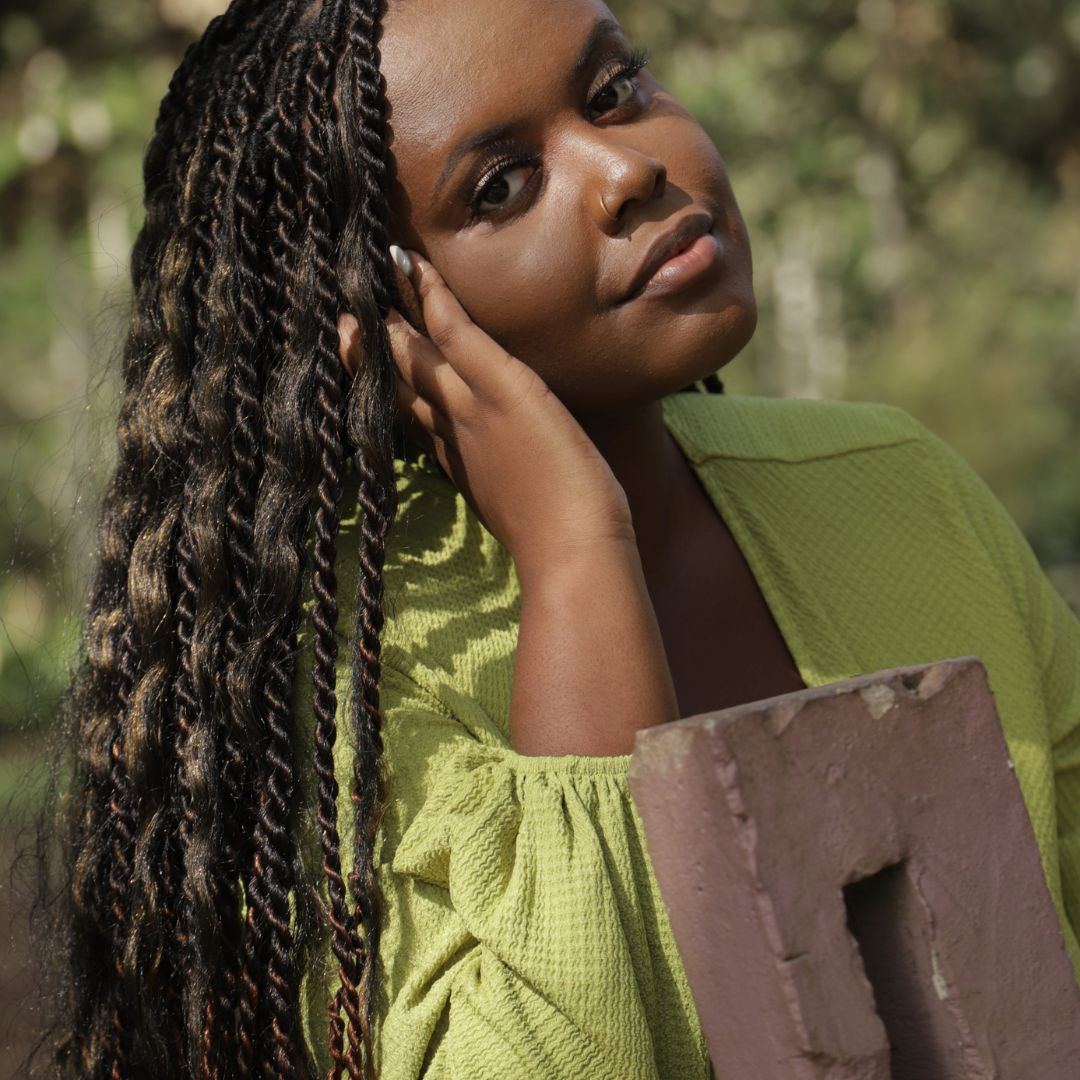
The Past Hurt I’ve Experienced in My Previous Life Is Keeping Me from Establishing New, Meaningful Relationships in My New Life: Grief on My Terms
Grief is the feeling that comes with losing someone, something, or even a place. Before therapy, I like many others, only associated the term with death.
It wasn’t until the COVID-19 pandemic hit — when I started seeing posts about how it was okay to grieve postponed events like weddings and graduations — that I realized I, too, was grieving, but what I was grieving was friendships.
I had what I would call an emotionally taxing college experience that changed me completely, both inside and out. Much of this stemmed from negative interactions — being let down by those who promised to guide and mentor me, taken for granted, and feeling abandoned by people who were supposed to have my back. Much of the hurt from that period carried over into my time abroad in Ghana, as it came immediately afterward.
When you’re living abroad, you have the opportunity to start from scratch and create your own community. This is something I used to be good at, but found myself hesitating to do. I struggled to let people in. I often say I’m an introvert who’s frequently mistaken for an extrovert, so people assume I’m more open than I actually am or once was. But that’s not the full truth — and it reminds me that part of me died along with all the disappointment I faced. That hurt has carried over into this new chapter of my life.
Making genuine friends in Ghana who accept and see me for who I am—flaws and all—has helped me realize that the hurt I still carry from past friendships shows up during the process of getting to know new people while living abroad.
I can honestly say that I have unconsciously sabotaged a lot of potential friendships by simply not allowing people in for fear of being hurt, used, or experiencing feelings of regret.
Therapy has taught me that it’s okay to grieve what I need to and to work through those emotions so I can eventually let go and move on. Not everyone who crosses my path has harmful intentions. Some people are placed in my life to help me learn, keep me company, and share the journey. There’s beauty in that — but it can only happen if I allow it.
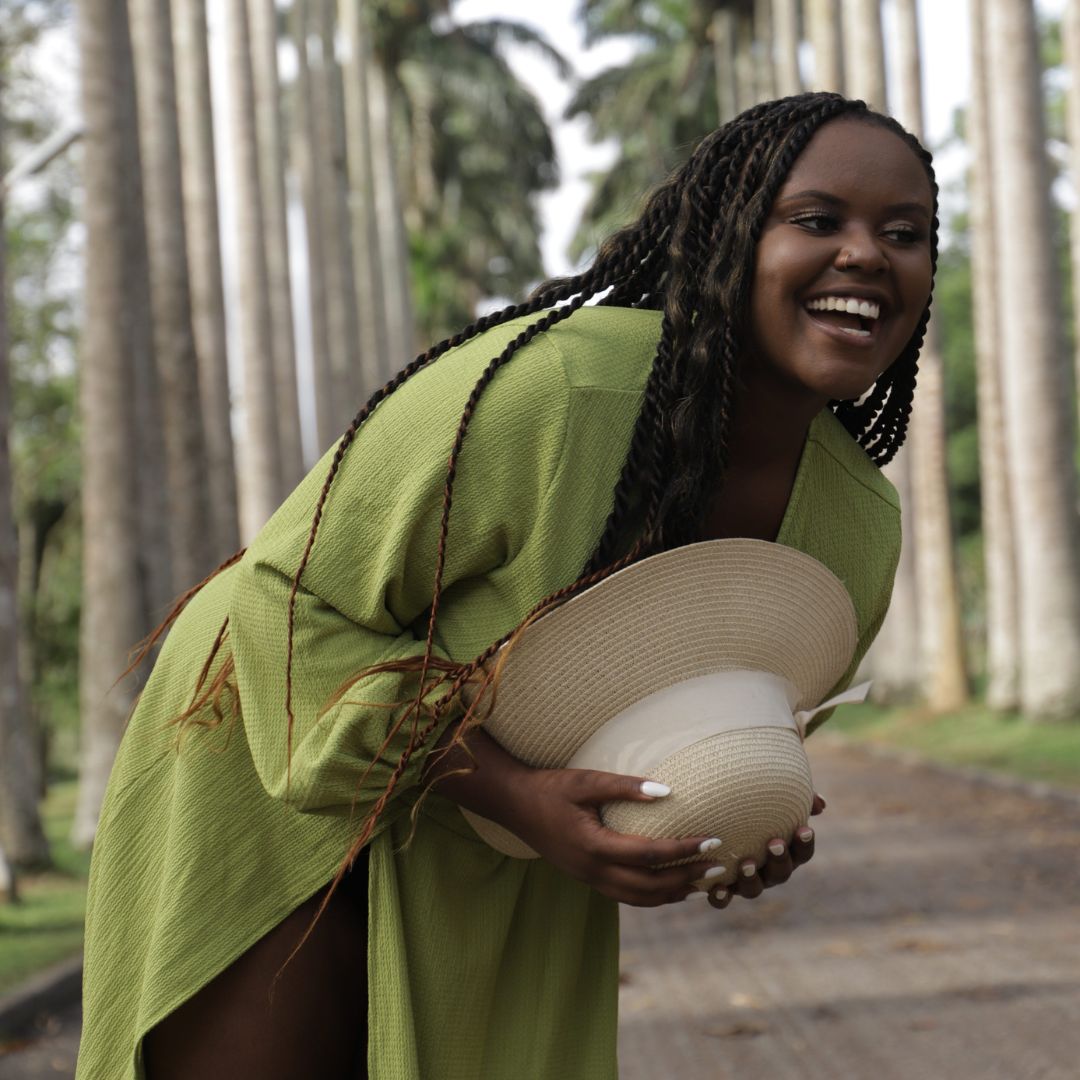
To Disrupt the Disruption: Challenging What’s Beyond My Control
“Disrupt the disruption” is a saying my therapist tells me when things in my life are suddenly interrupted by circumstances that are out of my control.
Living in Ghana for me looks like living in a world filled with uncertainty and unpredictability, so I often feel like my days are a waste.
The truth of the matter is that I feel like my best self when I am productive and checking things off of my daily to-do list.
Moving to Ghana meant going from completing everything on my list to feeling lucky if I could get even two things checked off, all because of my new environment.
I’d be sitting at home, and my Wi-Fi wouldn’t connect, my electricity would go off, mental health days would happen, etc. I would decide that the day was over as a result and feel like a failure.
Now, instead of getting frustrated or feeling like the day is a waste, I focus on finding solutions—even if they’re frustrating or completely different from my original plans. For example, if I planned to stay home but there’s no Wi-Fi or electricity, I get up and go to a café. It costs time, money, and energy, but at least it’s a proactive way to deal with what I can control, rather than sulking and letting those challenges get to me.

People Know the Version of You That You Show Them
This is a recent realization for me. I’ve always struggled to show people when I’m drowning, suffering, or simply going through the behind-the-scenes parts of my life — the “struggle side.” So, what people usually see are the end results: the awards, features, scholarships, and degrees. But they rarely understand what it takes, or what I go through, every day to get there.
I’m in a constant battle with myself — it’s really me versus me every single day, and it can be exhausting. I often say that if people could read the thoughts in my head, they’d show me more grace and know when to stop asking more of me than I can truly give in that moment.
I’ve shown people that when under pressure, I deliver. When they ask, I show up. When I get an email, I respond almost immediately—or at least within a reasonable amount of time. People have come to expect me to be a well-put-together individual who is always available to fulfill their requests.
I don’t feel like I receive the grace to make mistakes, to say no without pressure to change my mind, or to not always have all the answers—and I can take some responsibility for that.
People only know what I show or tell them, so it’s up to me to honor what I can’t do.
For the first time in my life, living in Ghana, people have been able to see right through the smile. The Ghanaians I have been blessed to cross paths with have been incredibly empathetic, so usually when I communicate how I’m feeling, they adjust their expectations of me.
The big lesson here for me is to continue letting people see that I’m not perfect and don’t have everything figured out. This has helped relieve some of the pressure I put on myself, while also reminding me that we teach people how to treat us over time.
It’s been easier to let down some of my walls here in Ghana and allow people to see me without fear of judgment or hurt in the end, and that is something I hope to take with me after this experience is over.
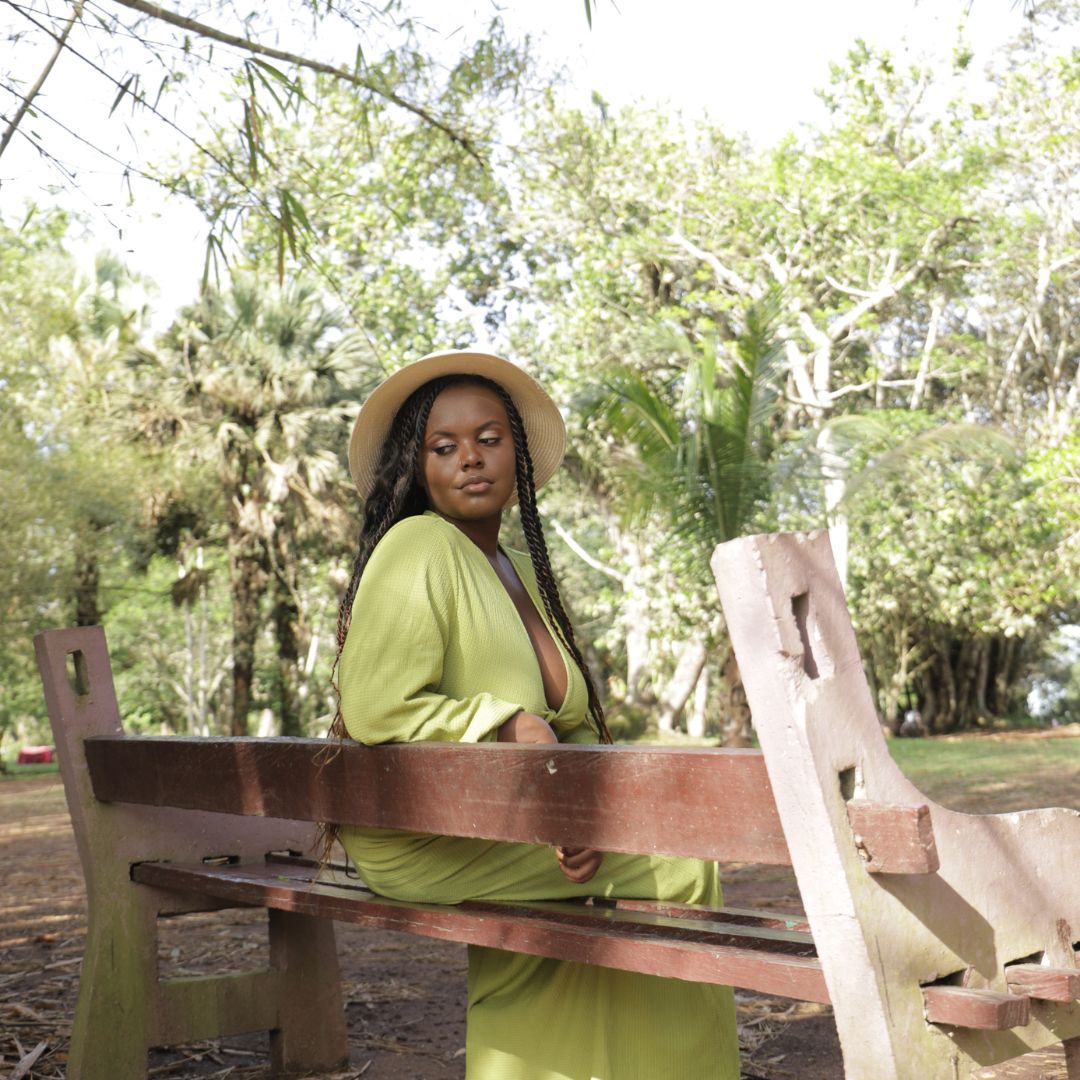
Going to therapy for years has changed my life and many of my habits.
I’ve grown so much since I first sat in a therapy office back in 2018, when I didn’t take it seriously.
Now, therapy plays a major role in my healing and personal development.
If you’re considering therapy, especially if you’re living abroad or planning to, I encourage you to take that leap of faith.
Living in a new country brings unique challenges like cultural adjustments, loneliness, and navigating unfamiliar systems, that can take a toll on your mental health. Therapy can provide the support and tools you need to thrive in your new environment.
It takes strength to sit across from a stranger and dive deep into your insecurities, doubts, and life challenges, but the transformation on the other side is something you deserve to experience.
Therapy works if you work.
It’s not an easy journey, but it is incredibly rewarding.

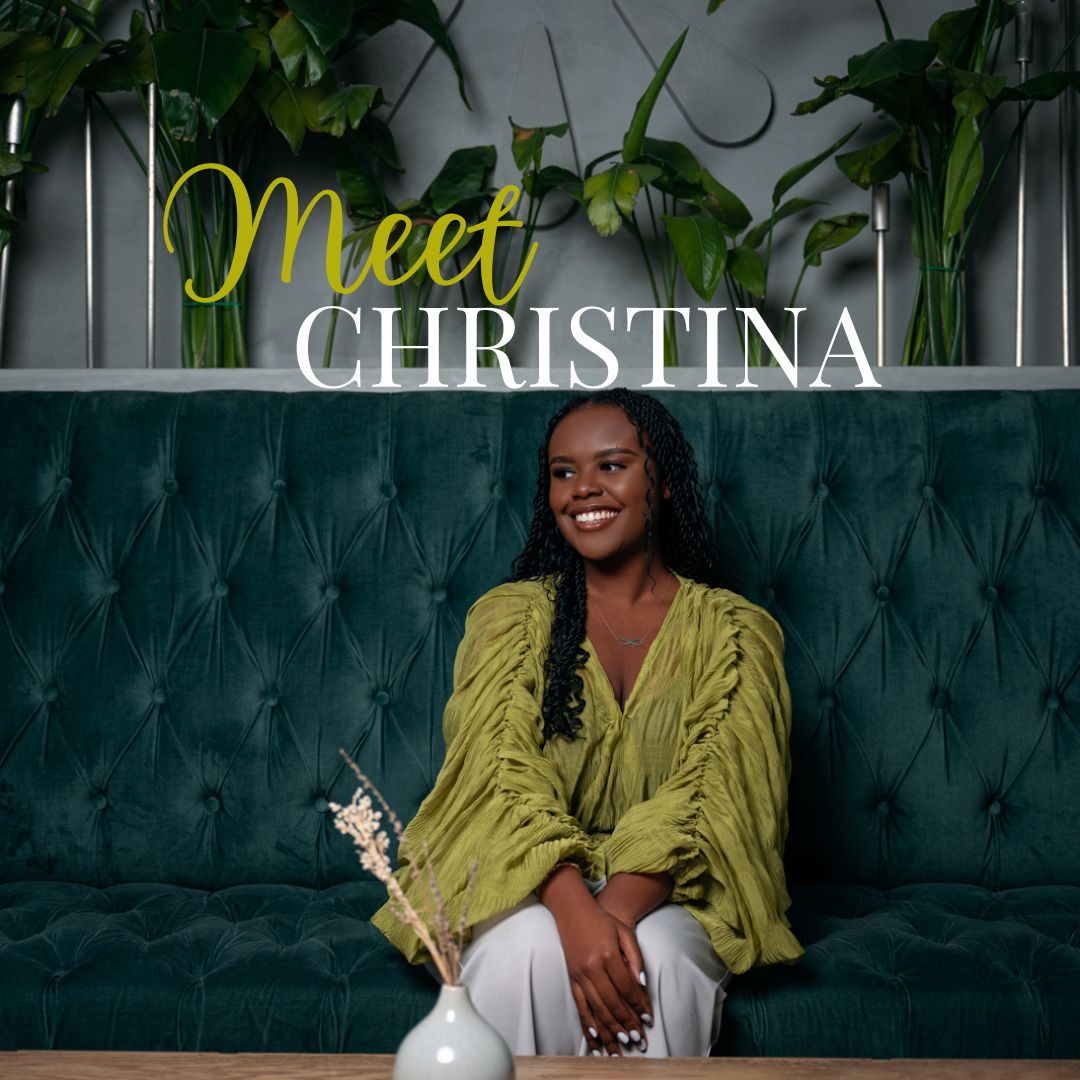





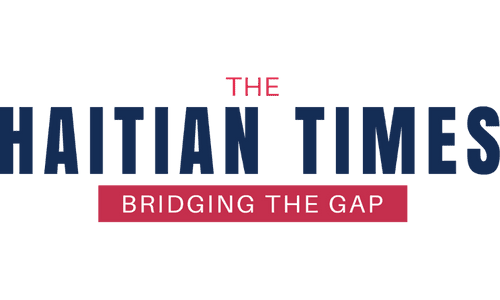
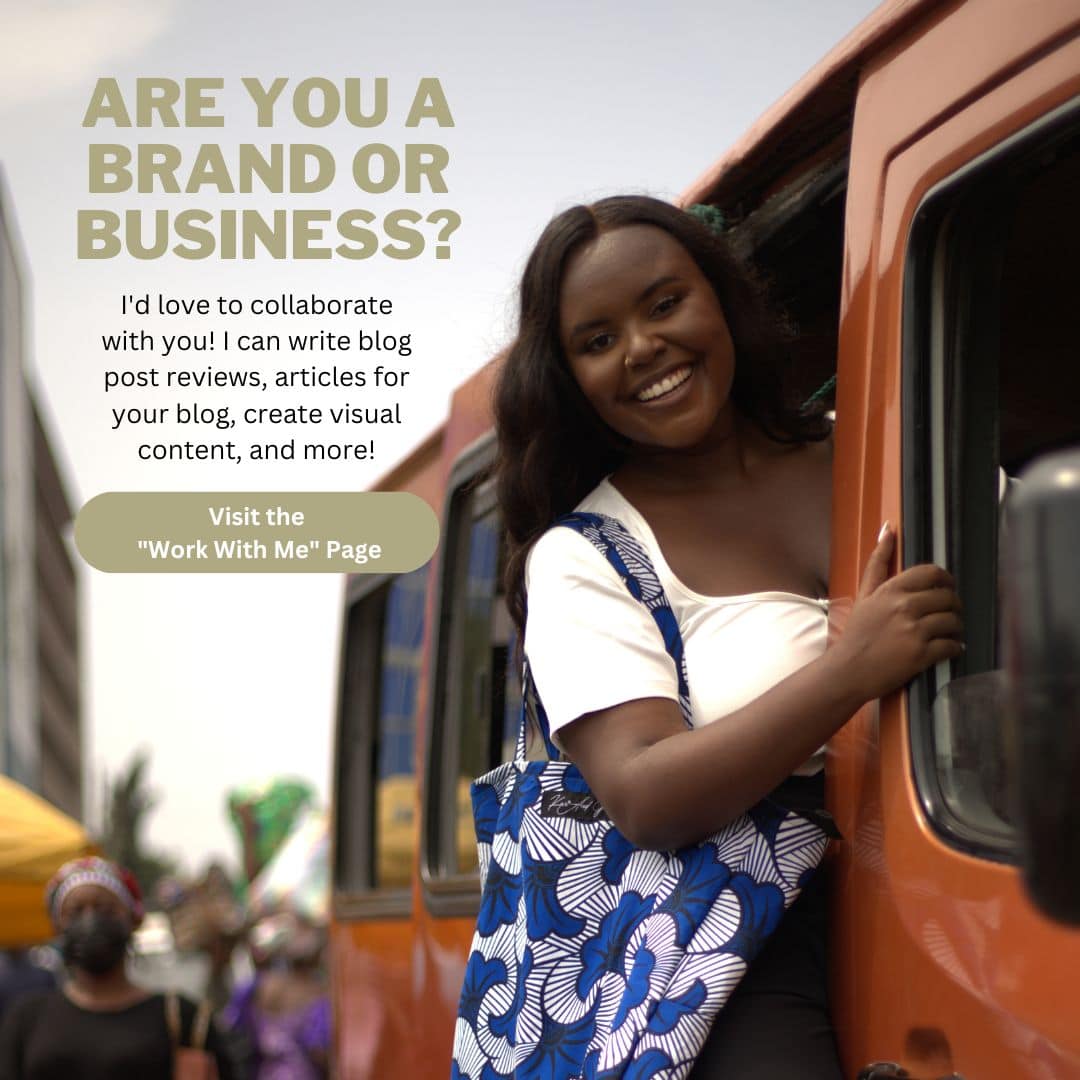

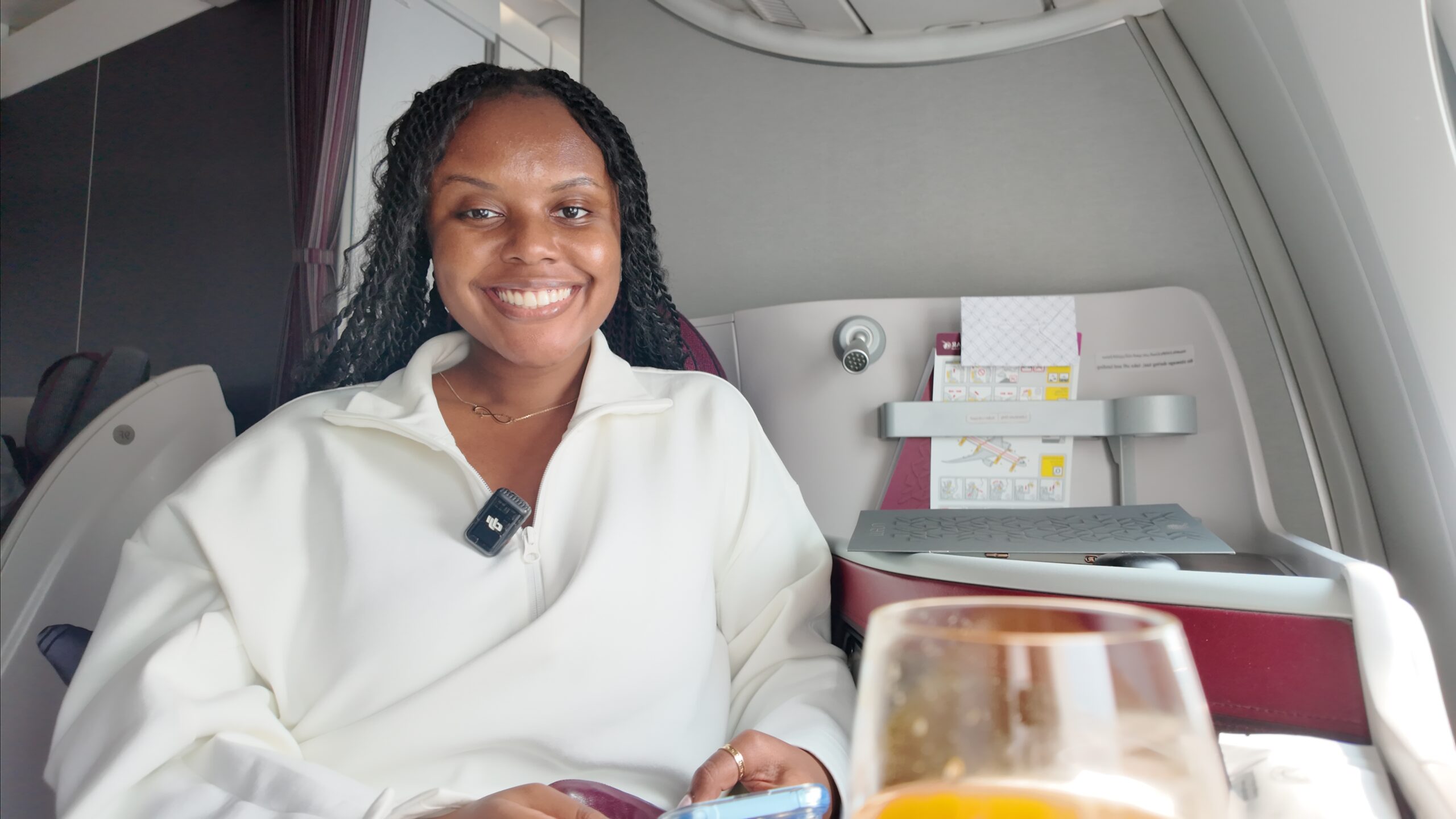
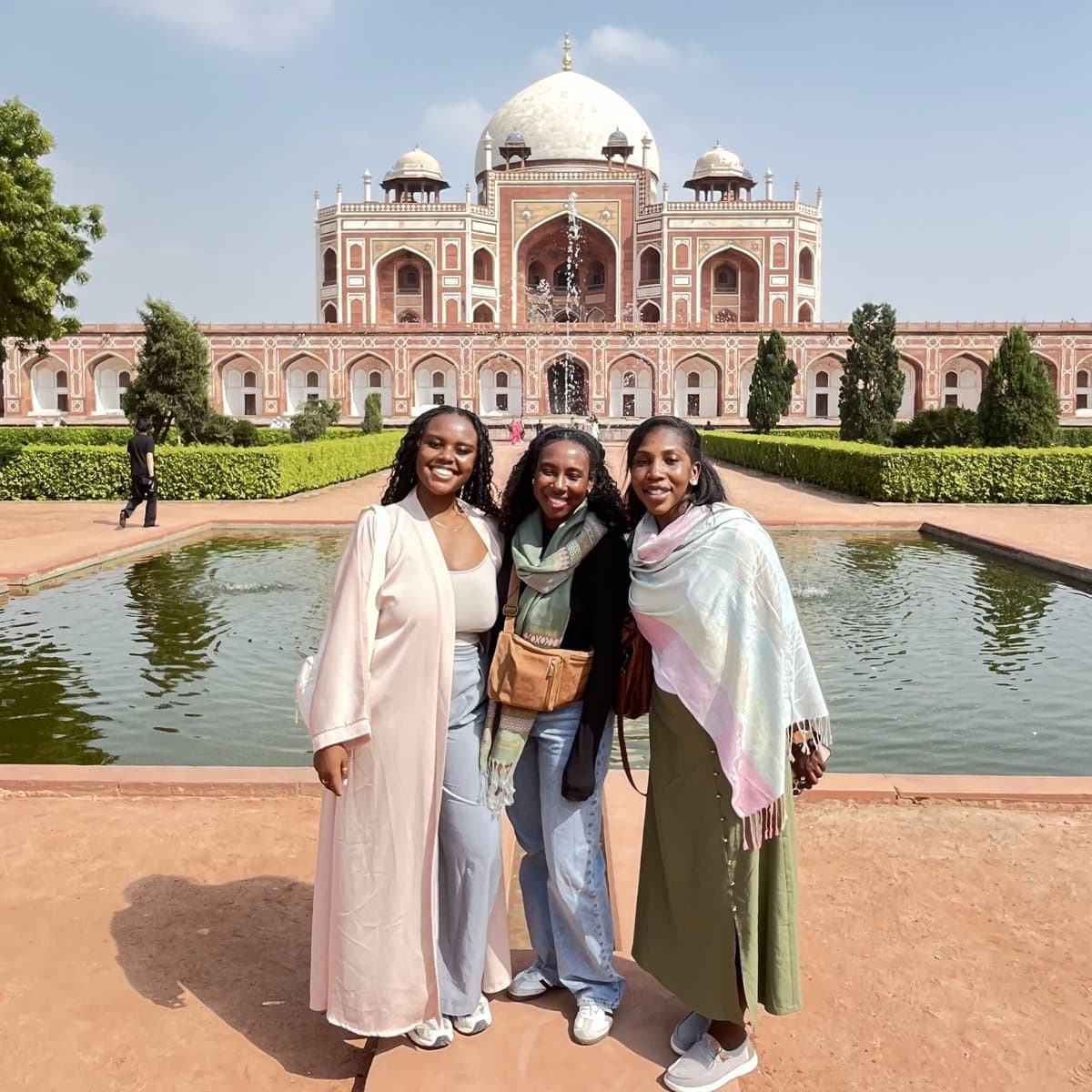
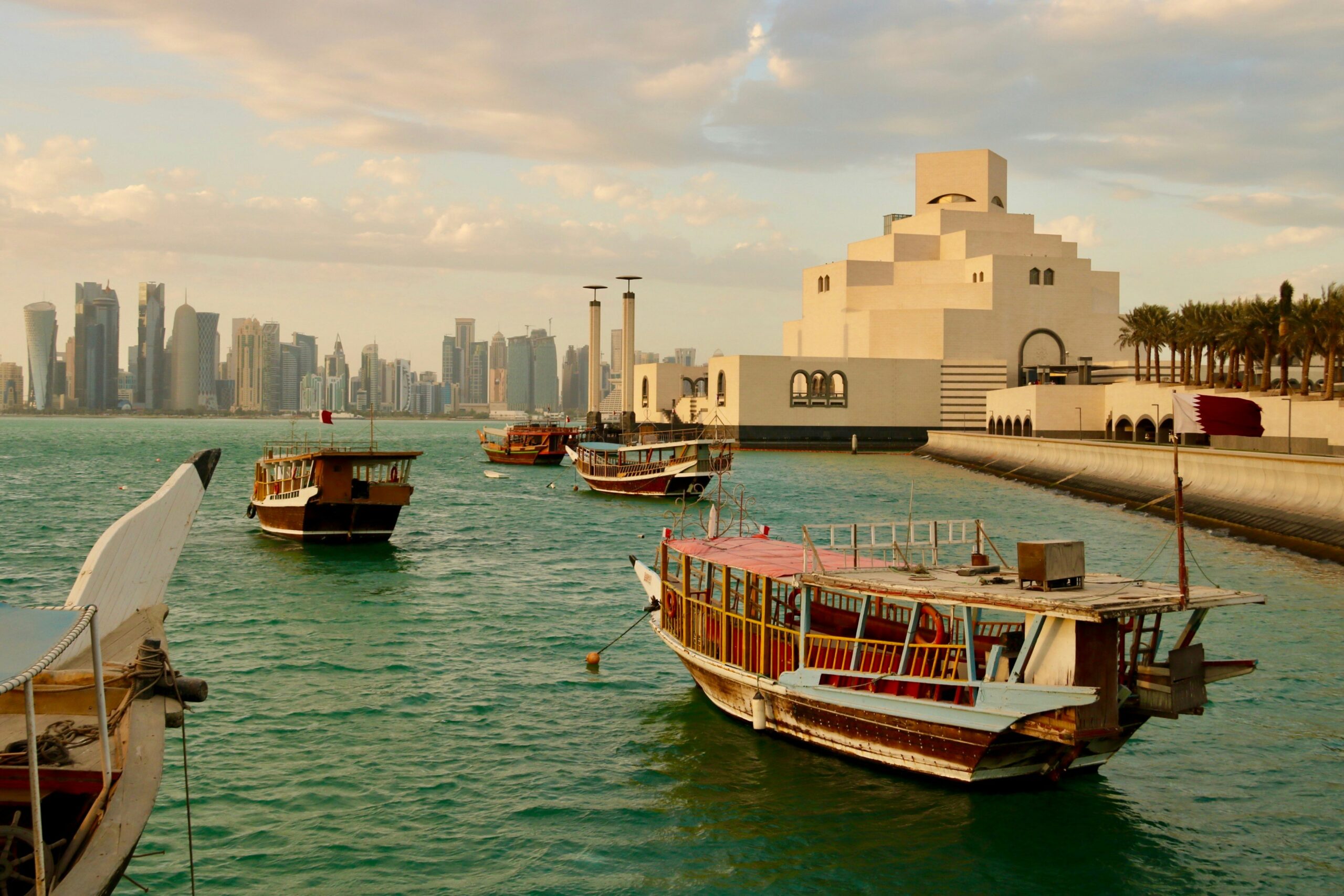
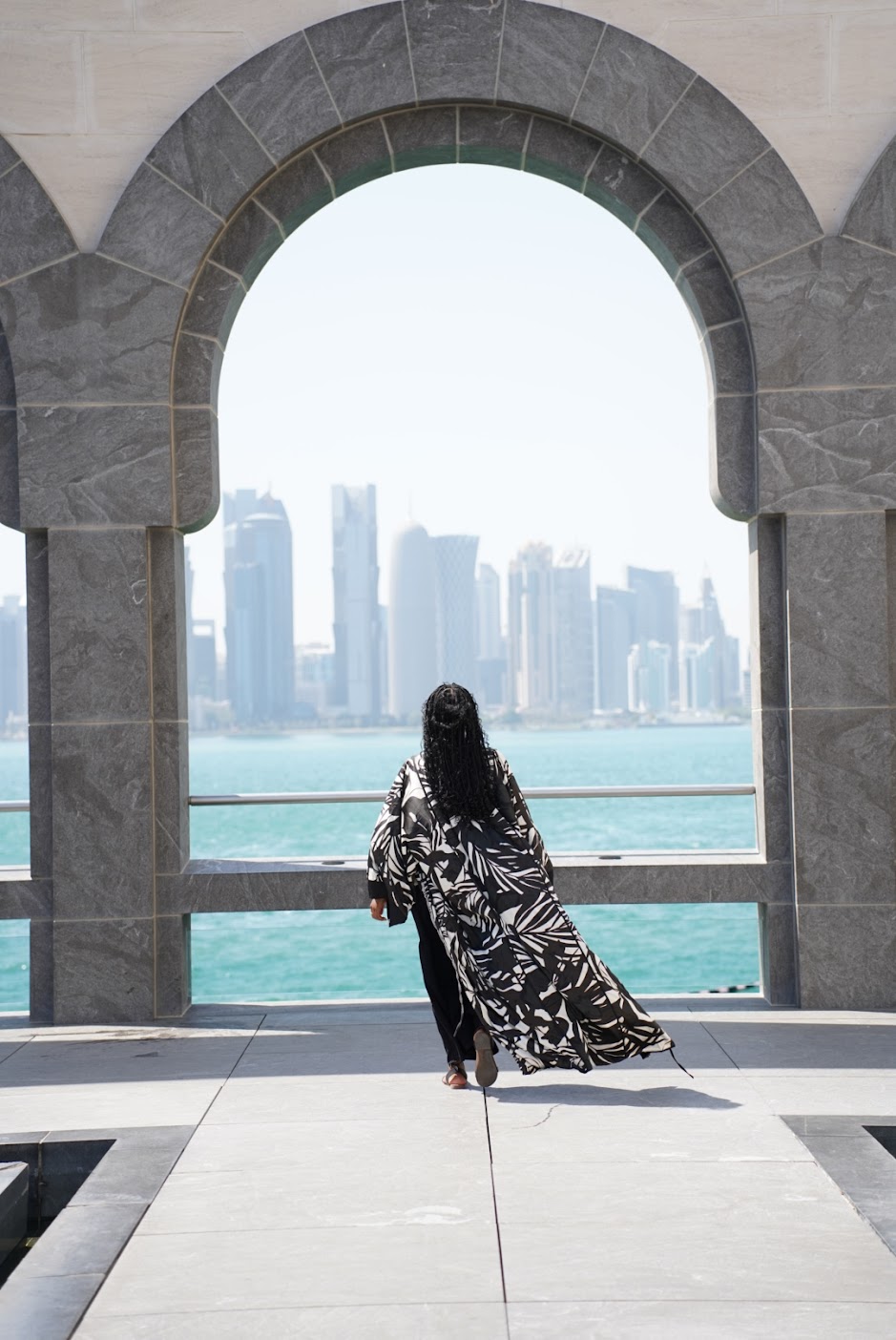

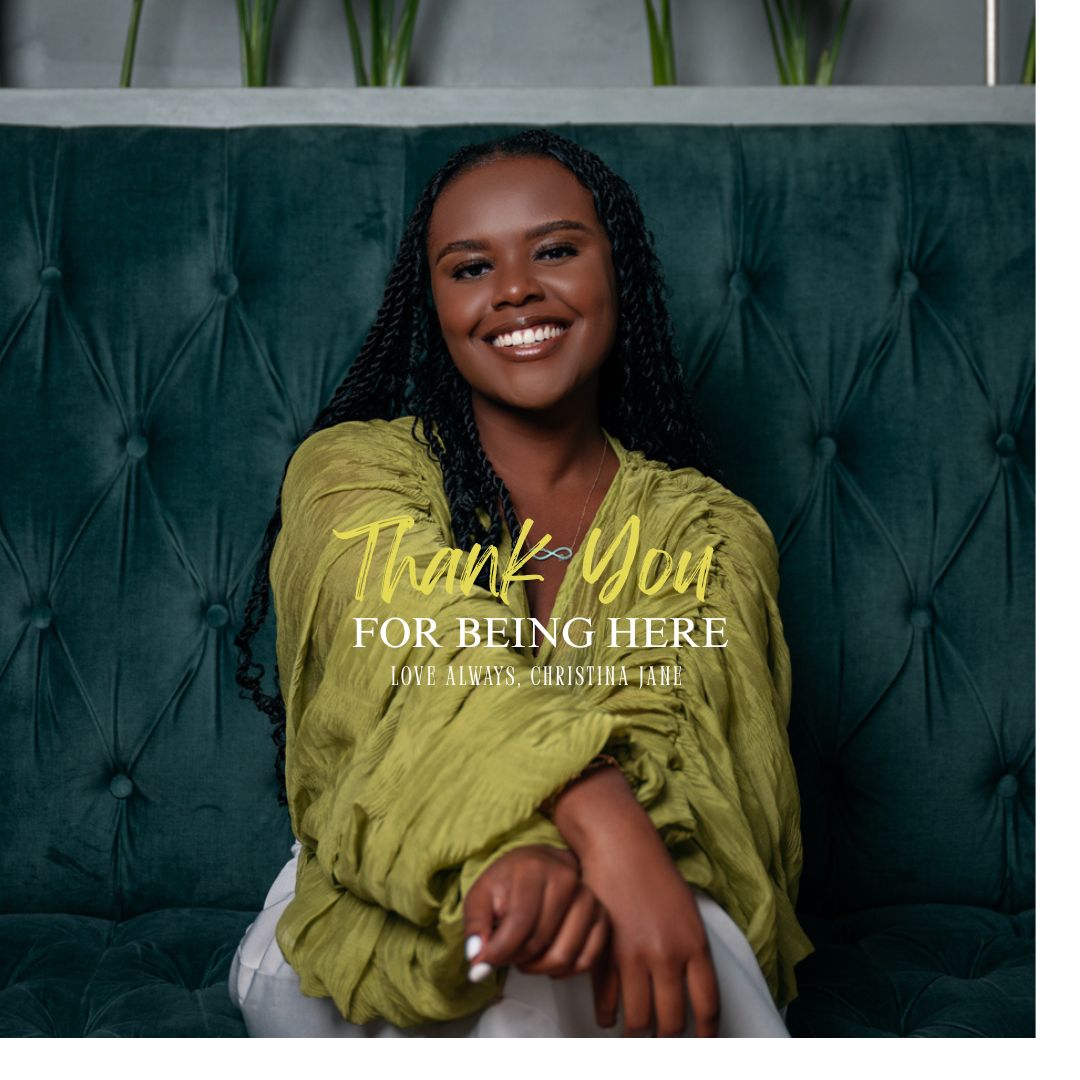
4 Responses
As I was reading your post, I just kept saying “OMG this is me!” I thought I was the only one that battles within myself, but I love how you shared your therapy journey. I too, have been in therapy the last few years and it has been so crucial to my growth as a person. Thank you Christina for sharing.
Hi Christie,
So glad you can relate! You’re definitely not alone, as it is one of the hardest things I’ve had to do but is so worth it! Thank you for being here 🙂
Being able to get over the “all or nothing” mindset around achievement is so relatable!! I feel like I’m CONSTANTLY working on this.
yes! It gets so much easier with time!